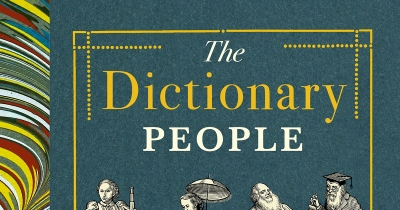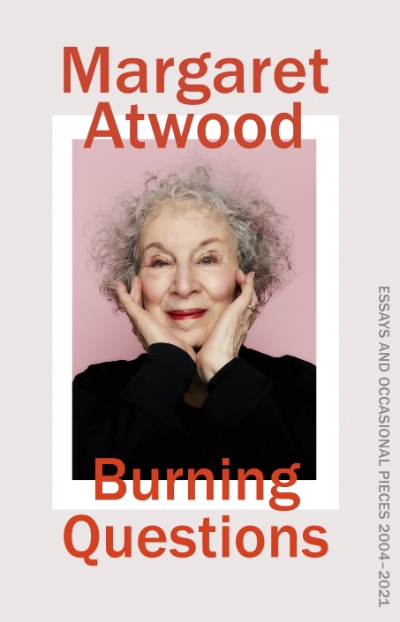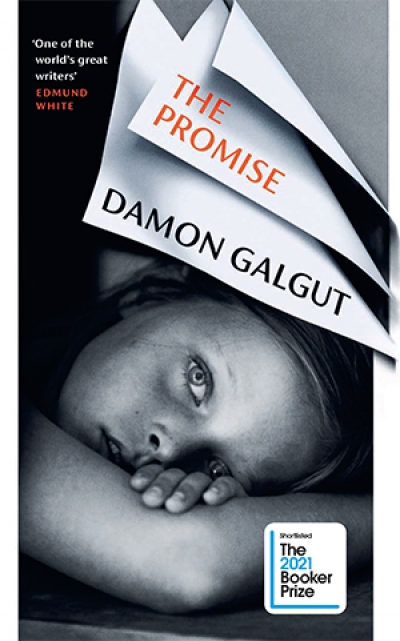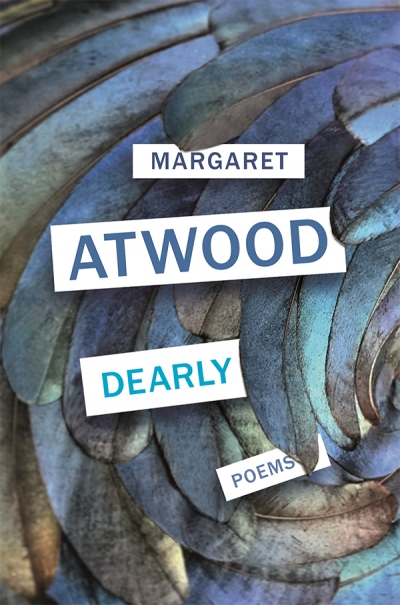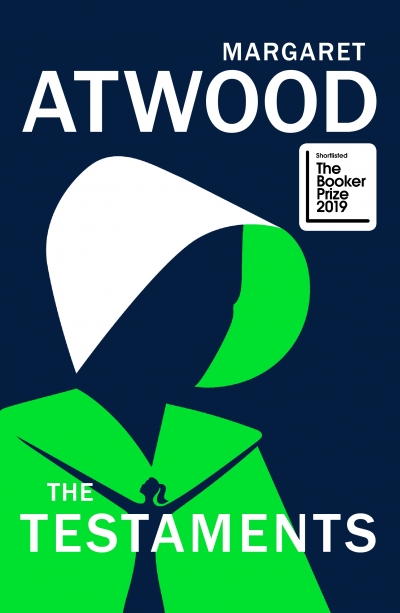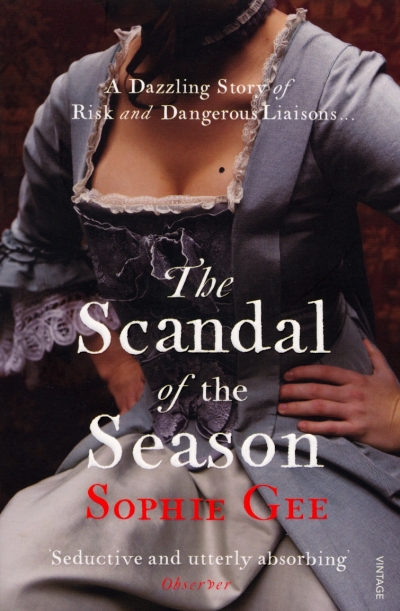Chatto & Windus
The Dictionary People: The unsung heroes who created the Oxford English Dictionary by Sarah Ogilvie
by Ian Britain •
The Fight for Privacy: Protecting dignity, identity and love in the digital age by Danielle Keats Citron
by Jessica Lake •
Burning Questions: Essays and occasional pieces, 2004–2021 by Margaret Atwood
by Andrea Goldsmith •

